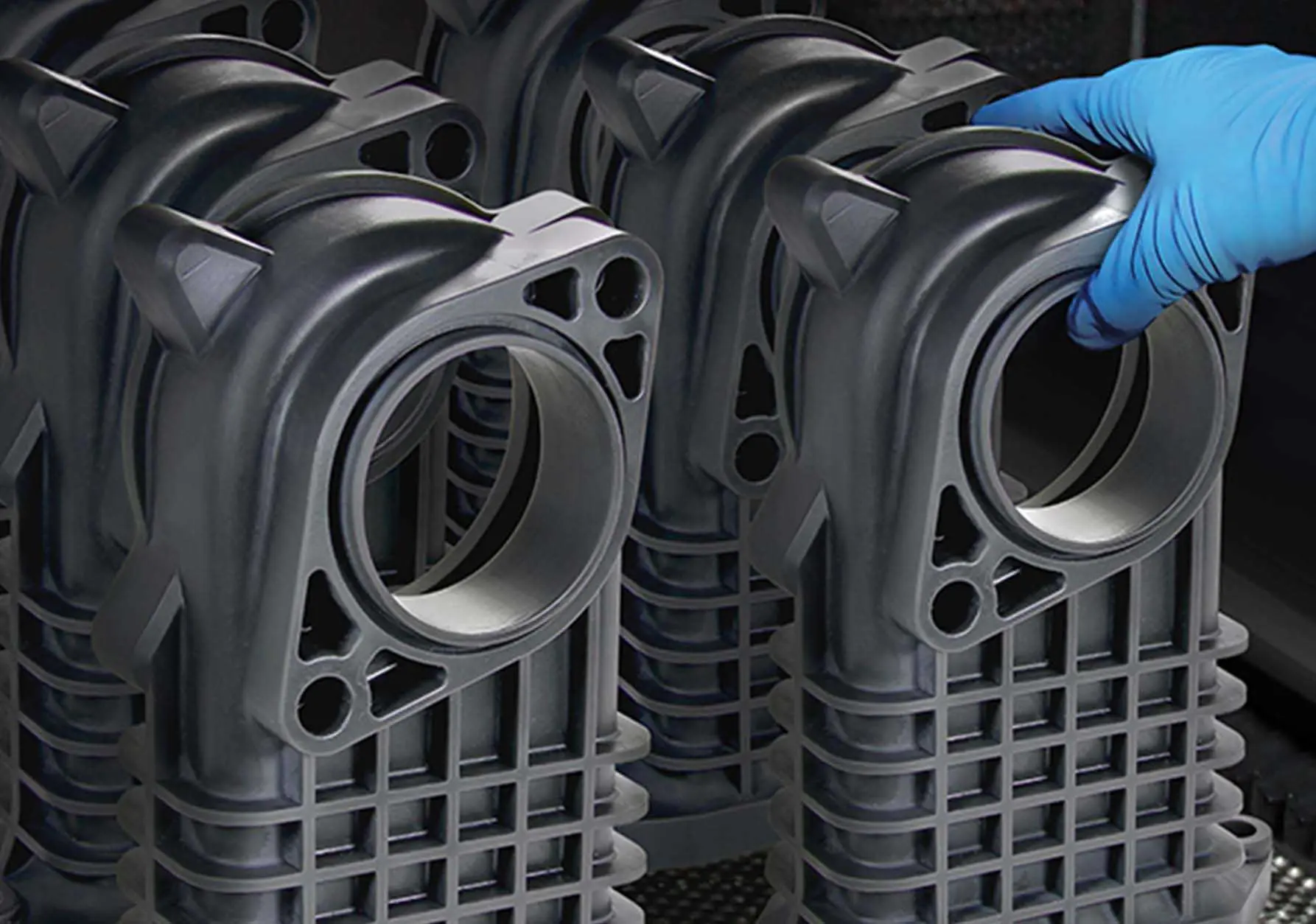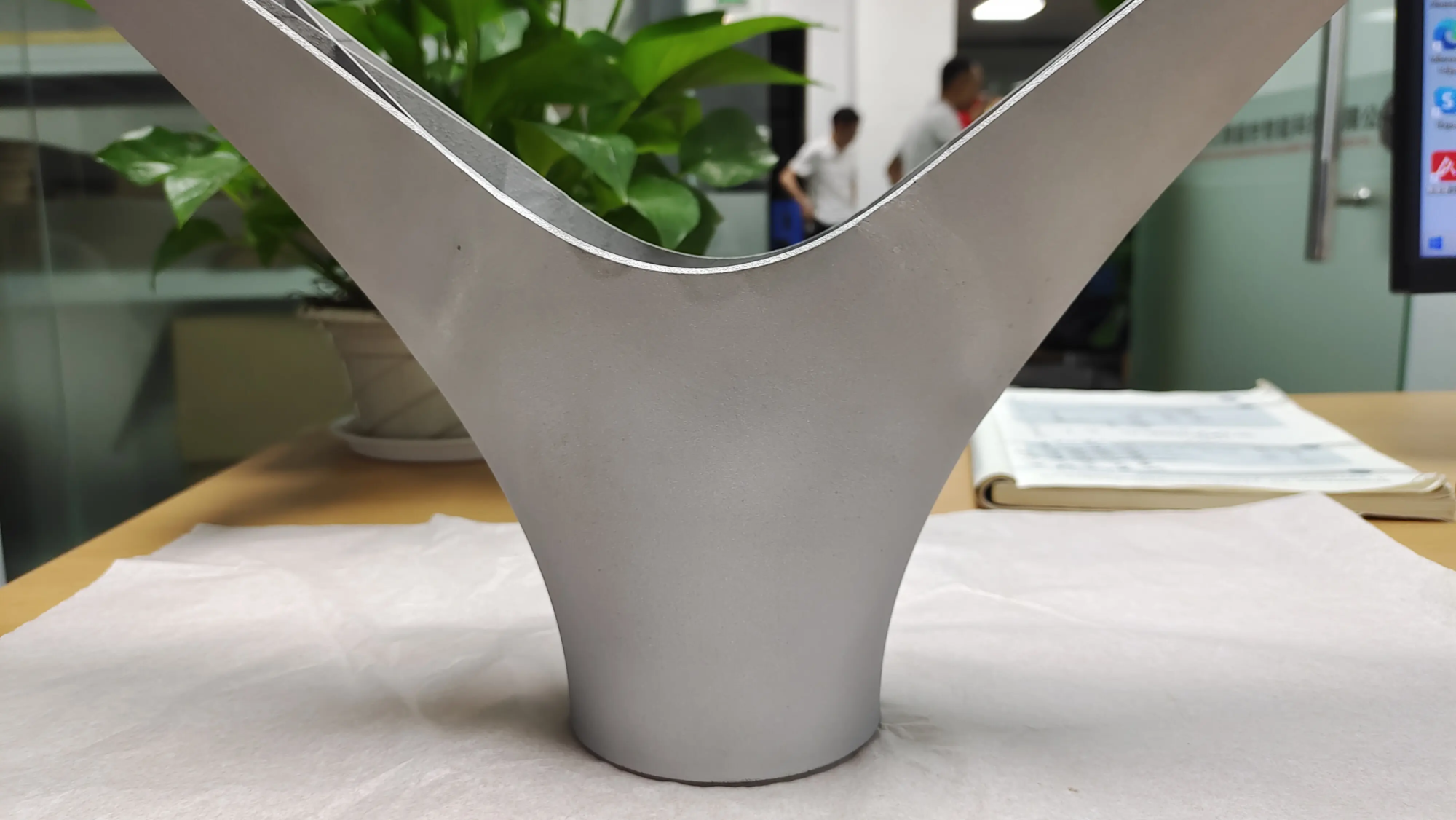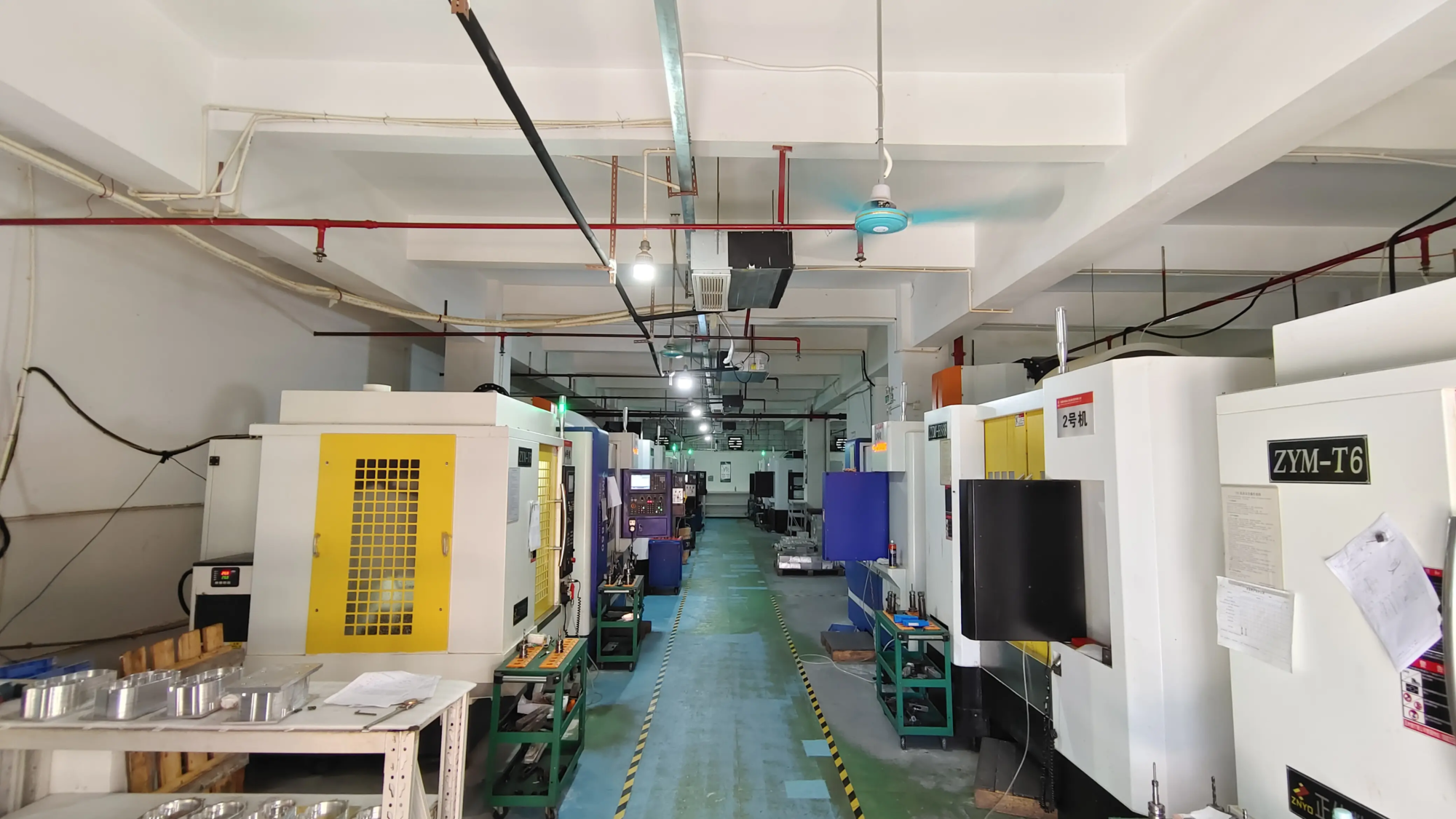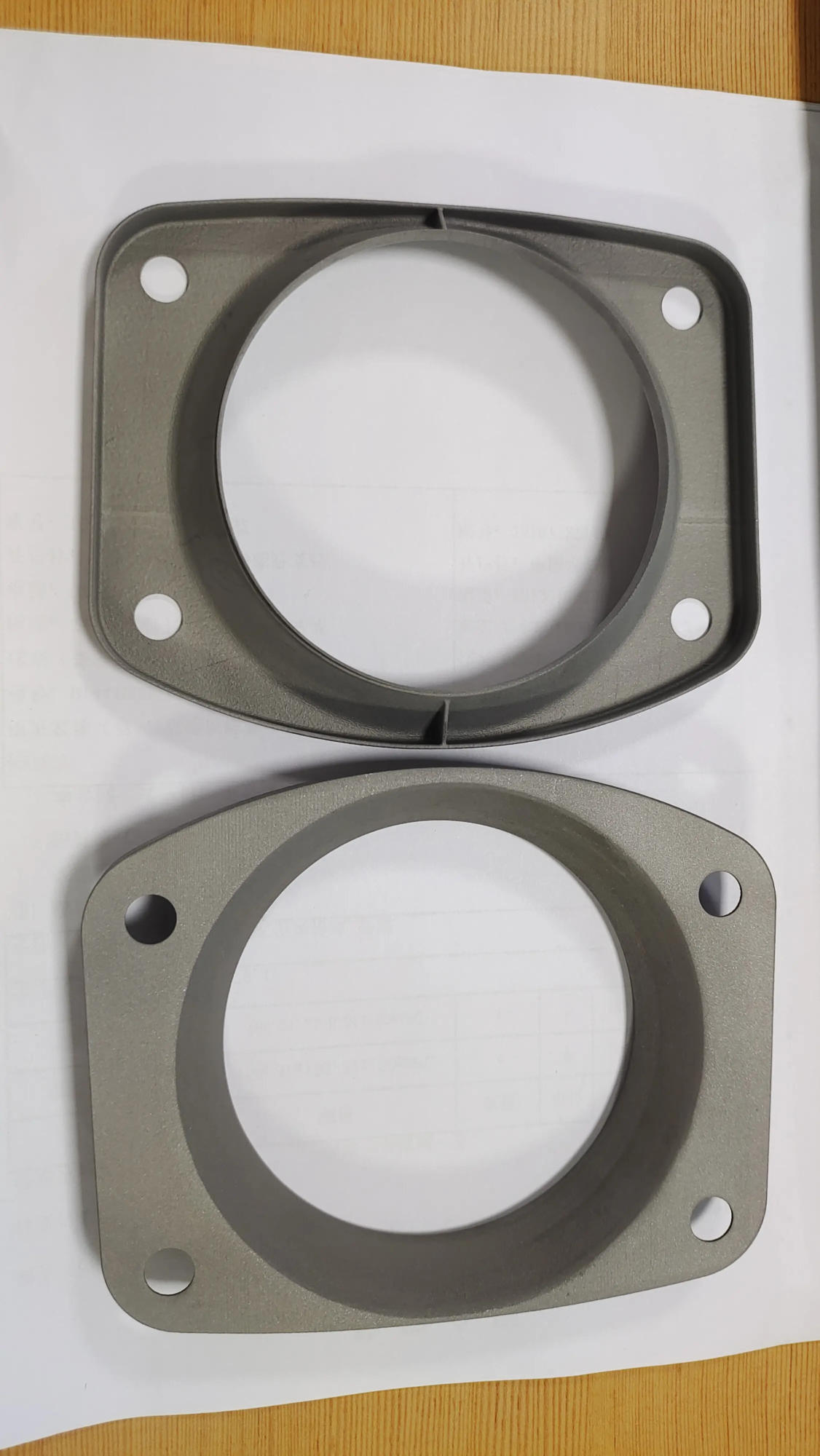On December 23, 2024, according to Resource Library, Axial3D, a provider of AI-driven medical 3D printing software and patient-specific 3D solutions, announced the closing of an $18.2 million funding round. of American dollars.
This funding round has received continued support from existing investors Techstart, Innovation Ulster Limited and Clarendon, and has also attracted three new strategic investors: 57 Stars, Whiterock and Innovate UK. Among them, 57 Stars, an American independent global alternative asset management company, became the largest shareholder of Axial3D with an investment of 10 million US dollars.
Axial3D CEO said: “We are very pleased to have completed this round of financing, which will help us accelerate our goal of making personalized surgery a global standard. Our patented core technology platform will empower medical device companies, medical imaging companies and hospitals. Our AI technology can benefit millions of patients around the world in areas such as robotics, surgical planning and personalized equipment workflows by standardizing the use of highly accurate and specific 3D imaging data to the patient.
Key Technologies to Meet Personalized Medical Needs
With its revolutionary technology, Axial3D simplifies the complex surgical planning process by providing a one-stop service, from DICOM file processing to segmentation to 3D model printing. This solution significantly reduces the hospital’s initial investment costs and provides medical facilities with more flexible options. Hospitals can choose to outsource printing services without having to invest heavily in purchasing equipment, hiring professionals, or creating space for printing in-house.
In the already complex healthcare environment, this approach is very attractive. This is a convenient, low-risk option for hospital administrators. Allow hospitals to easily test or end the partnership when they don’t need to. If the company’s needs increase later, they can always choose to purchase the printer themselves.
Strategies for expanding global reach
Recently, Axial3D formed a partnership with GE Healthcare to expand its training operations, open new facilities, receive a $10 million investment from Stratasys, and collaborate with research institutes in the Netherlands and Switzerland.
In the future, Axial3D plans to prioritize deployment in cities with dense hospitals, such as New York, Taipei and Seoul, to maximize equipment utilization and establish regional dominance in the medical market global.
Much like Starbucks’ strategy of controlling the market through dense store deployment: by establishing market dominance in a specific area, even if revenue from a single store is diverted locally, revenue from the entire system will continue to grow, while preventing competitors from entering. the market. Axial3D hopes to use this method to stabilize its market share in the target area in the long term.
But its ultimate success will also depend on its ability to continue to provide high-quality products at competitive prices and expand its user base within hospitals. If successful, Axial3D is expected to promote the popularity of patient-specific surgeries globally by gradually occupying the medical market.
I hope that in the near future, we can also experience more precise and personalized surgical solutions and medical health services!





